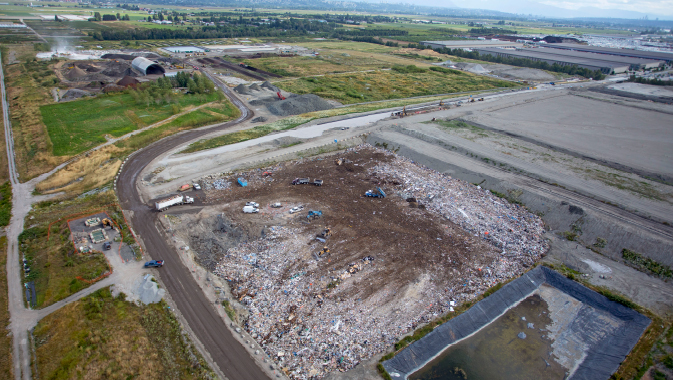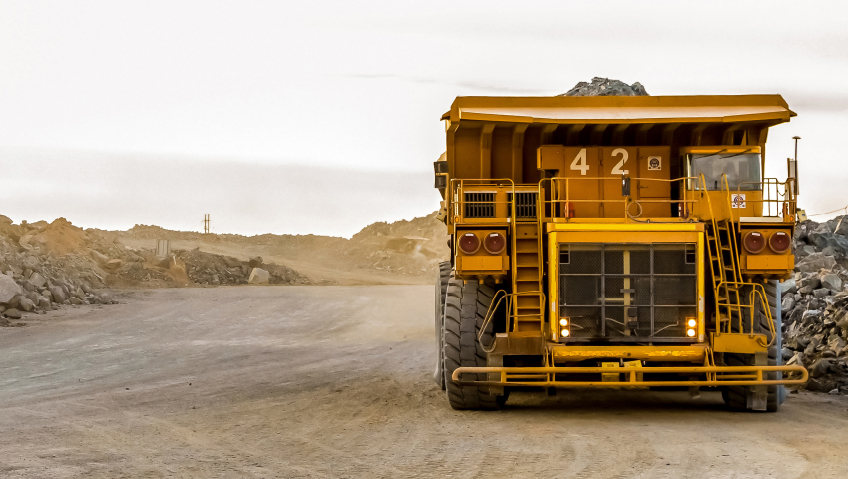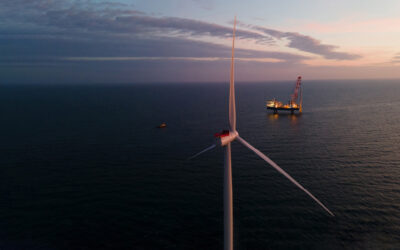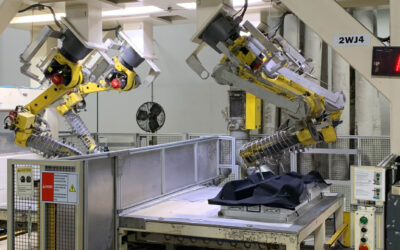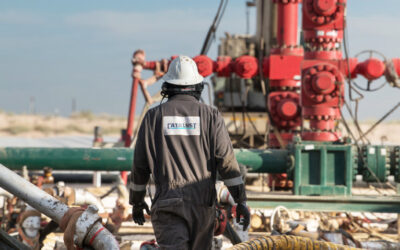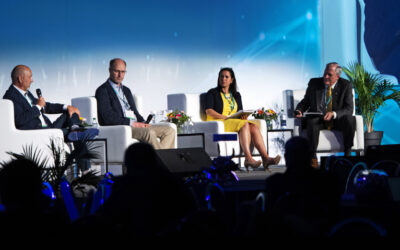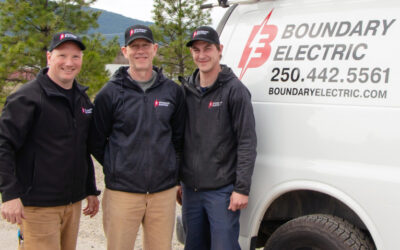The way in which we view material headed for the landfill has certainly changed a lot in the last forty-eight years, and Ecowaste has been there to see these changes firsthand. By finishing and closing sections of the landfill, the company has been able to lease portions of land to other companies to bring a number of recovery and disposal techniques under its roof.
~
One such provincially licensed facility deals in contaminated soil bioremediation, using natural or controlled microorganisms capable of breaking down pollutants. Ecowaste has also established industry relations with companies that have wood waste processed on its sites to create alternate wood fuels.
Ecowaste began in 1971, overseeing the operations of a 160-hectare solid waste landfill in the City of Richmond, British Columbia. Next to the original landfill, it purchased an additional 160-hectare lot to deal with leftover construction material.
As time went on and the recovery of recyclable material became a more prevalent idea, the company started to introduce more recycling operations into the mix. Recycling certain materials – like converting yard waste into compost, concrete into aggregates, and wood into biomass for energy – have all become integral parts of its business.
“Ecowaste’s purchase of Urban Wood (Urban Wood Waste Recyclers) and Smithers Enterprises assets and the conversion of the facility in New Westminster provides Ecowaste with a couple of key growth opportunities. We have relied on both Urban and Smithers in the past to process the separated wood received at Ecowaste into biofuel. Their C&D (construction and demolition) materials recovery facilities were instrumental in the region in capturing C&D materials and processing biofuel and processed engineered fuel, and they have been the leaders in the region for creating biofuel,” said Tom Land, Chief Executive Officer of Ecowaste. “Between expanding our services at the New Westminster facility as well as our own expansion to process wood recycling at our Richmond facility, we are looking forward to building on what they have provided to the region and further refining and growing the biofuels portion of the business.”
The recent acquisitions have seen Ecowaste grow to a point where it is looking into building a highly automated material recovery facility. Traditional construction and demolition material recovery facilities are reliant on people working on a sorting line to pull and sort material as it passes them on a belt.
This is a dirty and sometimes dangerous job, and quality control can often be a challenge. Most of this work can now be done by a few people operating heavy machinery at the start of the process and then sorting technology that breaks the material down by size, weight, and finally by material with a few people used on the backend of the process for quality control. This results in high-quality material for wood-based alternative fuel end products, as well as other materials that have the highest reuse or recycling value.
The company also created, through local company SYLVIS Environmental, a unique treatment system that uses a plant and grass system to clean leachate – water contaminated after contact with waste. This final wastewater treatment stage, known as polishing, uses the leachate to irrigate areas where plants uptake any remaining nutrients and contaminants before the now-clean water is discharged to local stormwater outfalls. The resulting biomass from the plants is harvested and either composted or turned into bales that are then used for various sediment control processes throughout the site.
An active landfill gas extraction system, composed of vertical landfill gas wells connected to a header system, extracts the landfill gas generated from decomposition. The gas is then conveyed to a flare and destroyed. Currently, the company is working with the local utility to find a way to convert this gas into pipeline quality gas that would augment the natural gas supply in British Columbia.
These commitments to some of the more ingenious sides of recycling and the ability to utilize much of the recovered materials on its own site put the company in a league of its own. It intends to stay ahead of the pack while setting further examples of what is possible by minimizing the amount of waste going into landfills.
Ecowaste has always been run pretty lean with an emphasis on the core businesses of landfilling and recycling construction and demolition materials. Staff are innovative and find creative ways to deal with new materials and volume changes while other aspects of the company have relied heavily on contractors, such as GNH Consulting, to provide temporary, non-core services. This can include large-scale earth moving and engineering.
PGL Environmental Consultants has done much work for Ecowaste in helping achieve high standards of environmental performance by providing oversight of the work being done in developing the property into quality industrial land for future tenants. Safety is also a major focus, and the company works hard to ensure the staff, contractors, and customers embrace the utmost level of safety in regards to all operations.
“Something else that is very transformational is we are on the cusp of closing almost half of our landfill holdings and creating an industrial park on it. This has been a fairly long-term project that we have been working on since 2012, and we are now right on the cusp of putting up our first building. This is very unique in the world of landfills, where most disposal facilities are capped off with soil and not being used,” said Land.
Typically for a capped landfill, the area will go unused for upwards of thirty years, so Ecowaste has decided to take on this project to make use of the space. Preparing the area and stabilizing the land to construct large buildings has taken a lot of research and engineering but the company was well poised to take on the project as the landholder.
Industrial growth in the area has been constrained by a shortage of land, and with this project, a new era of repurposing landfills could begin. Since the site is still technically a landfill, the company is obligated to oversee it and its environmental condition for the next fifty years. By following through with the construction of the buildings and then leasing them out to clients for this new business park, Ecowaste will continue to manage the state of the former landfill.
“There is very little industrial land remaining in Richmond and the Metro Vancouver region and certainly not much of the scale offered by our site. With that in mind, we created a plan to top up and level the south landfill area so that large floor plate industrial buildings greater than 100,000 square feet and as large as 1,000,000 square feet could be constructed. This required building a bridge to access the site and installing all services and roads in preparation for the construction of the industrial park,” explained Land.
“Over the past five years, we worked towards making this a reality, and our first building is scheduled for construction this year with our first tenant to occupy the building mid-2020. There will be a total of twelve industrial buildings on the industrial campus build over the next ten to twelve years,” said Land.
Going into the future, the company hopes to continue its move into more varied types of recycling. From creating alternative fuels to repurposing unused land, Ecowaste is leading the charge into a greener future.

